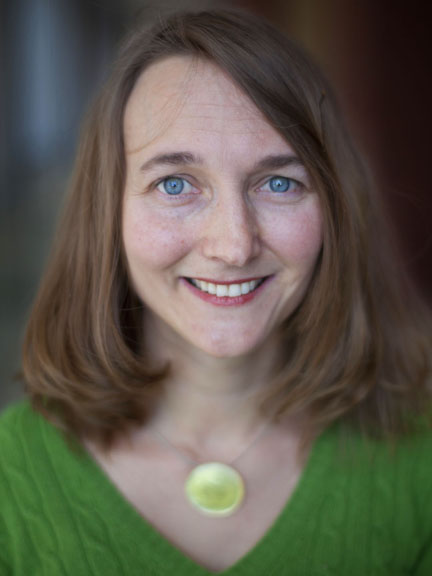PROVIDENCE, R.I. [Brown University] — Last July, President Obama adopted the recommendations of a White House task force charged with devising a policy to better manage the nation’s oceans, coastlines and the Great Lakes. The National Ocean Council is now charged with developing a plan to put the ideas into practice. Two scientists at Brown University will speak about the ecological and social facets of marine management this month at the annual meeting of the American Association for the Advancement of Science in Washington, D.C.

Postdoctoral Research Associate
Center for Environmental Studies, Brown University
“Including Humans: Practitioners’ Views on Social Science in Ecosystem–Based Management”
Land and Oceans symposium, Sunday, Feb. 20, 2011, from 1:30 to 4:30 p.m.
Washington Convention Center, Room 140A
Sievanen, an environmental anthropologist, will talk about the need to include certain constituencies, such as the fishing community, in ocean conservation and management practices. She will also offer instructive lessons gained from interviewing more than five dozen coastal residents in the Gulf of California, the central California coast, and the Western Pacific islands of Fiji and Palau.
Sievanen’s central message, based on her fieldwork, is that the social sciences must be included in discussions on successfully managing the oceans.
“We need to think about the fishermen catching the fish or the coastal residents whose sewer systems empty into the bay,” said Sievanen, a postdoctoral researcher in Leslie’s group. “The ocean isn’t just a biophysical space. It’s also about the people living there, and I think we need social scientists who can understand human behavior.. It’s also about the people living there, and I think we need sociologists who can understand human behavior.”
One such example was in Morro Bay, Calif., where the local fishing industry has been in steep decline. Through her interviews, Sievanen learned the importance of engaging fishermen in the discussions. She advocates that fishermen, because of their first-hand knowledge of the bay, should participate in the research.
“It’s not just making them scientists,” she said. “It’s making scientists more aware of fishermen’s knowledge.”
